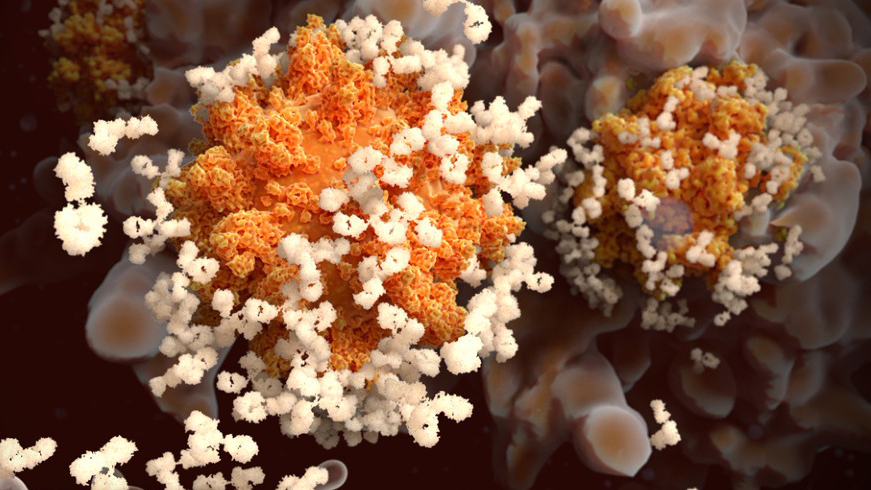Kerby Anderson
No doubt you have heard discussions about “herd immunity,” but now some doctors are talking about “super immunity.” Vaccine immunity and immunity from infection don’t seem to provide lasting protection for the Omicron variant. But it may be possible that the variant may give many of us “super immunity.”
A study from the Oregon Health and Science University, published in the Journal of the American Medical Association, documents that a breakthrough infection generates robust immune response against the Delta variant. The study also found that antibodies measured in blood samples through breakthrough cases were more effective. In fact, they were measured as 1,000% more effective than antibodies generated two weeks following the second dose of the Pfizer vaccine.
One of the authors of the study suggested that this might mean there is “an eventual end game” to the pandemic. He didn’t mean an end to the pandemic, but a “tapering-off of the severity of the worldwide epidemic.”
Our immune system depends on two types of white blood cells: T-cells and B-cells. The T-cells circulate in the lymph nodes and bloodstream. One type of T-cells infects the cells, while another type of T-cells signals B-cells that enhance the immune response. Those B-cells increase the ability of the body to produce antibodies that can block new variants.
This study parallels other studies. A study from South Africa found that anyone infected with the Omicron variant produces antibodies that were much more effective at neutralizing the Delta variant.
These studies provide some encouraging news. We are all weary of this pandemic and wonder if all the precautions and government policies will ever end. These studies suggest that a tapering is in the future.
 Listen Online
Listen Online Watch Online
Watch Online Find a Station in Your Area
Find a Station in Your Area










 Listen Now
Listen Now Watch Online
Watch Online
